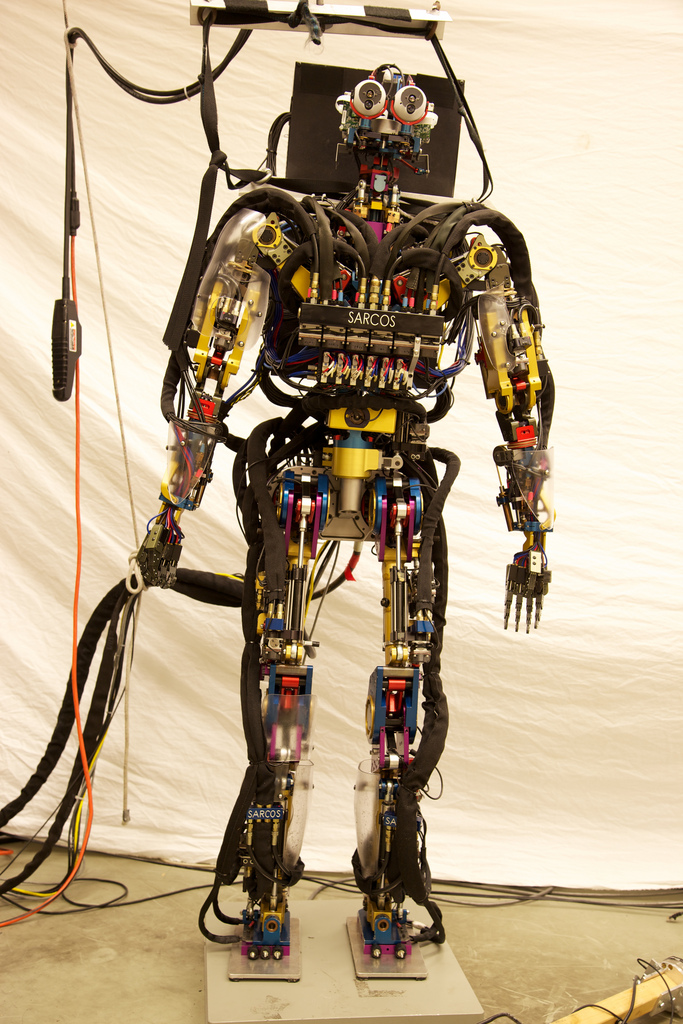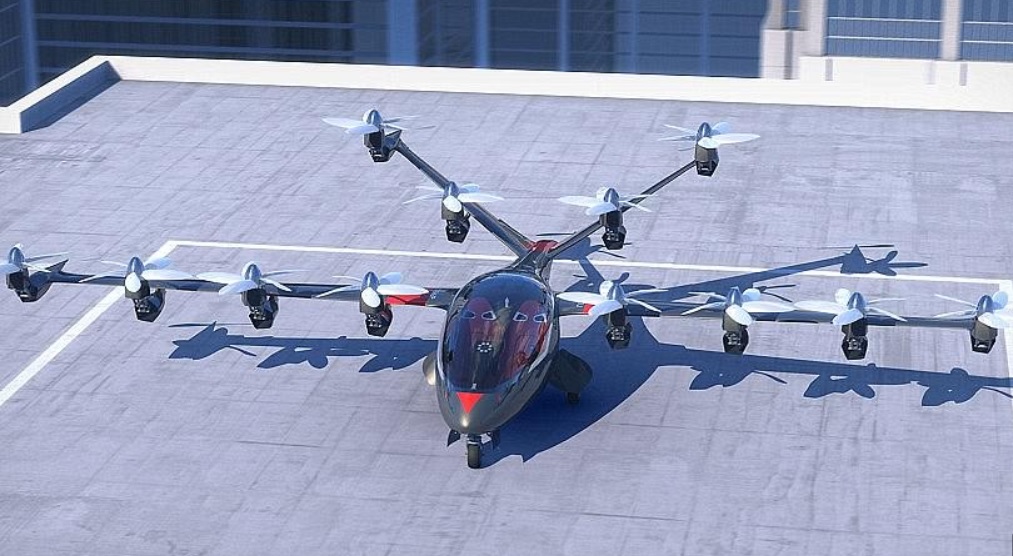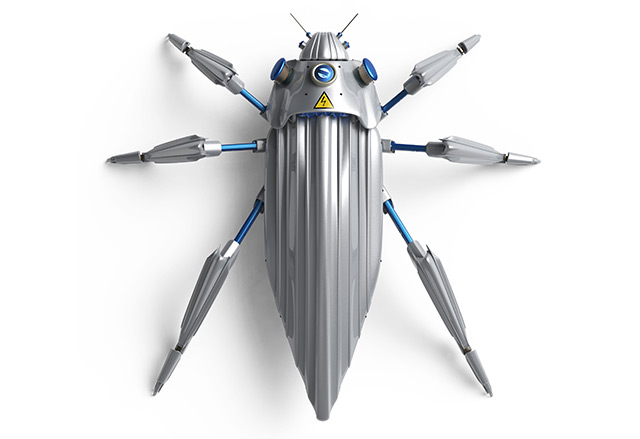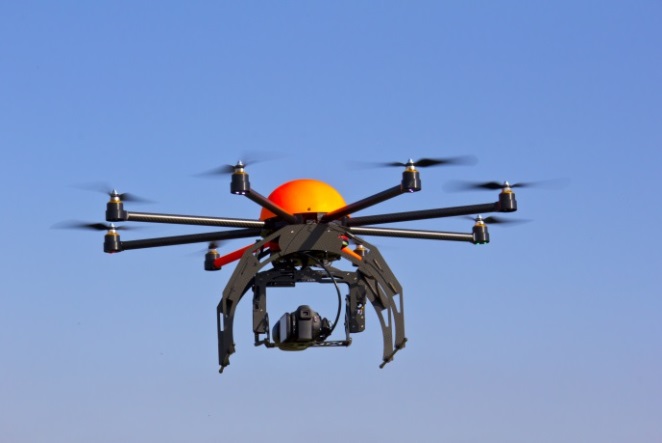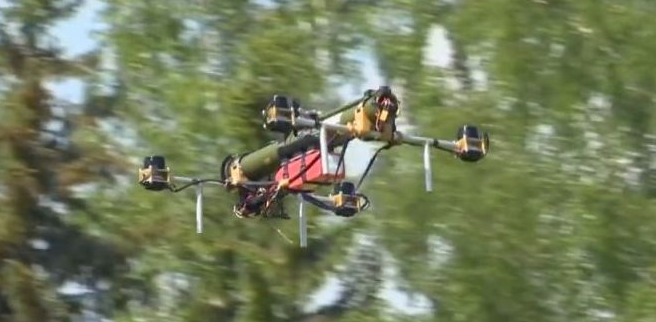The United Nations warns a robot war could ensue if the UK and US don’t reach an agreement over a pre-emptive ban on autonomous weapons soon.
The robotics industry is worth a whopping $30 billion worldwide, and continues to grow. Lobbying for a pre-emptive ban on the weapons is escalating at the UN General Assembly in New York. Many fear autonomous weapons will be deployed before officials can close a deal.[1]
“There is indeed a danger now that [the process] may get stuck,” said Christof Heyns of the UN Convention on Conventional Weapons (CCW). “A lot of money is going into development and people will want a return on their investment [and] if there is not a pre-emptive ban on the high-level autonomous weapons then once the genie is out of the bottle it will be extremely difficult to get it back in.”[1]
Meet the evolutionary precursors of autonomous robots
Fully autonomous weapons have yet to be developed, but engineers have created their evolutionary precursors. South Korea, for example, has developed the Sentry SGR-1, a robot equipped with heat and motion detectors that can identify a potential target more than two miles away. The UK’s Taranis fighter jet can fly without a pilot and spot enemies; and Israel has implemented a network of remote control machine guns and drones around its border. Autonomous weapons aren’t here yet, but they are definitely on the horizon.[2]
Officials report that the UK and US are trying to dilute an agreement that only bans emerging technologies. This means any weapons used during the discussion are free from the ban. The dispute provoked UN member states to urge the UK and US to reach an agreement.
“China wanted to discuss ‘existing and emerging technologies’ but the wording insisted on by the US and the UK is that it is only about emerging technologies,” said Noel Sharkey, co-founder of the International Committee for Robot Arms Control and a professor of robotics and artificial intelligence at the University of Sheffield.[2]
“The UK and US are both insisting that the wording for any mandate about autonomous weapons should discuss only emerging technologies. Ostensibly this is because there is concern that … we will want to ban some of their current defensive weapons like the Phalanx and Iron Dome.
“However, if the discussions go on for several years as they seem to be doing, many of the weapons that we are concerned about will already have been developed and potentially used.”[1]
A.I. experts urge officials to ban autonomous weapons
It’s not just the UN that is pleading with the UK and US to hurry up and reach an agreement. Over 1,000 artificial intelligence experts, scientists and researchers signed an open letter in July calling for a ban on offensive autonomous weapons. High-profile scientists like Stephen Hawking even went so far as to say that AI is the biggest existential threat facing humanity.(1)
The letter reads: “AI technology has reached a point where the deployment of [autonomous weapons] is – practically if not legally – feasible within years, not decades, and the stakes are high: autonomous weapons have been described as the third revolution in warfare, after gunpowder and nuclear arms.”[3]
Only five countries have issued a ban on autonomous robots thus far. Some countries, including the U.S., the U.K. and France, argue they will be able to control a robot’s decision to kill; a point of much heated debated within the A.I. community.
If the CCW fails to reach an agreement, one possible move would be for states who want a ban to reach an agreement outside the U.N. Such an agreement has it shortcomings, however, since it would fail to reach a consensus with the biggest producers of autonomous weapons.
Sources:
[1] TheGuardian.com
[2] SputnikNews.com
[3] TheGuardian.com

